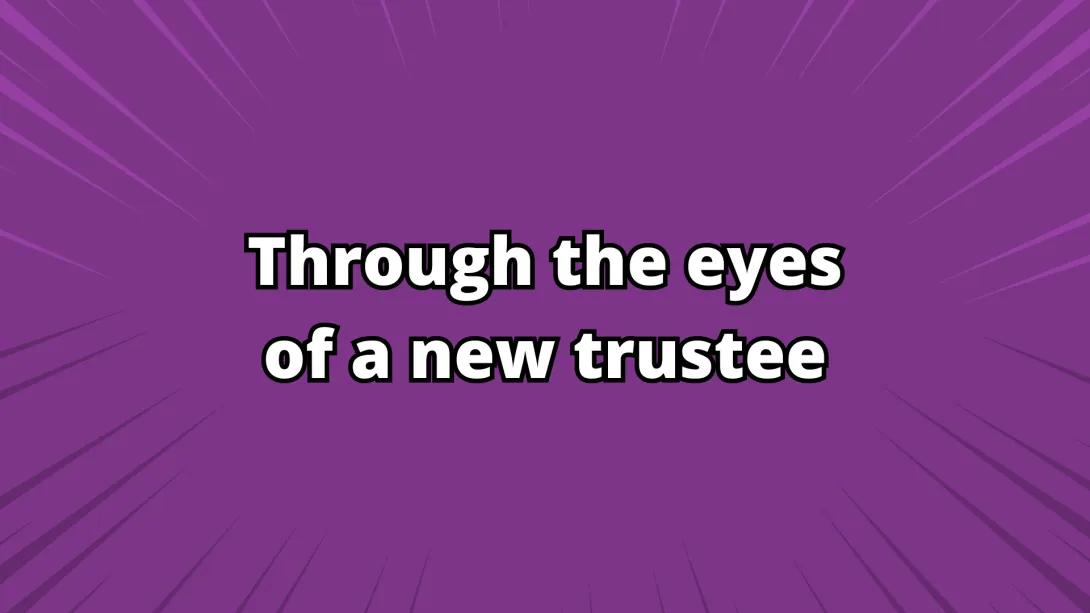
My name is Laura Shambrook and I have recently become a trustee for the Disability Information Bureau in Macclesfield – DIB for short. The DIB exists to support people in Cheshire East who have a disability or health condition. We offer information, advice, signposting and support services as well as assistance with applying for or renewing disability and health benefits. DIB also manages the Macclesfield Shopmobility service on behalf of the Council and offers support to people who need help accessing digital services.
I heard about the opportunity to become a trustee through my role as Operations Support Co-Ordinator at Community & Voluntary Services Cheshire East. CVS stepped in to assist the DIB in the summer of 2024, when the DIB was struggling due to a lack of funding. Through my paid role I have been assisting with the administration and restructuring of the charity, and it made sense to continue that work through becoming a trustee. As a disabled person who also has underlying health conditions, I already had a personal interest in the work of the DIB and I was keen to continue offering my assistance and skills in a voluntary capacity - I was already looking for a volunteering opportunity to replace a role I had with a charity whose local service relocated further away from my home.
Due to my work with CVS and my role as Board Clerk to the CVS Board of Trustees, I already had an insight into what the work of a trustee involved. I’d also had the opportunity to undertake the training in trusteeship and governance that CVS offers, so I felt relatively well prepared when I started. Although the role is voluntary and can be carried out remotely for the most part, it still requires you to commit at least a couple of hours a week in the beginning, to understand the work of the charity and gain a perspective on the third sector landscape that you’re operating within. This really helps with strategic planning and for smaller charities with fewer or no paid staff, trustees also need to have some involvement in day-to-day operations.
Strong governance is essential to a charity’s success and ability to continue supporting the members of the community they serve. In the DIB’s case, there is no other organisation in the area that provides the sort of specialist support with disability benefits application forms that we do. Being able to contribute to the careful and responsible management of the DIB feels like a privilege and a highly impactful way of contributing to creating a better and fairer community. As an autistic person, it did take me a while to find an organisation that I felt comfortable applying to, the DIB is committed to including people with lived experience of disability, whether they are volunteers, staff or trustees and I felt confident of being accepted and supported there.
Being a trustee can be challenging, with there being a lot of information to absorb and reading, and understanding accounts was something I had to work on and seek advice with. But I have grown in confidence and developed my skills in a way that also helps my paid role – it’s much easier to take effective minutes when you have gained a more in-depth understanding of the work of a Board of Trustees.
I would recommend the role of Trustee to anyone who has a few hours a week to spare – most charities are looking for new members of their Board and the more diverse and representative the Board is, the more effective the charity can be.
